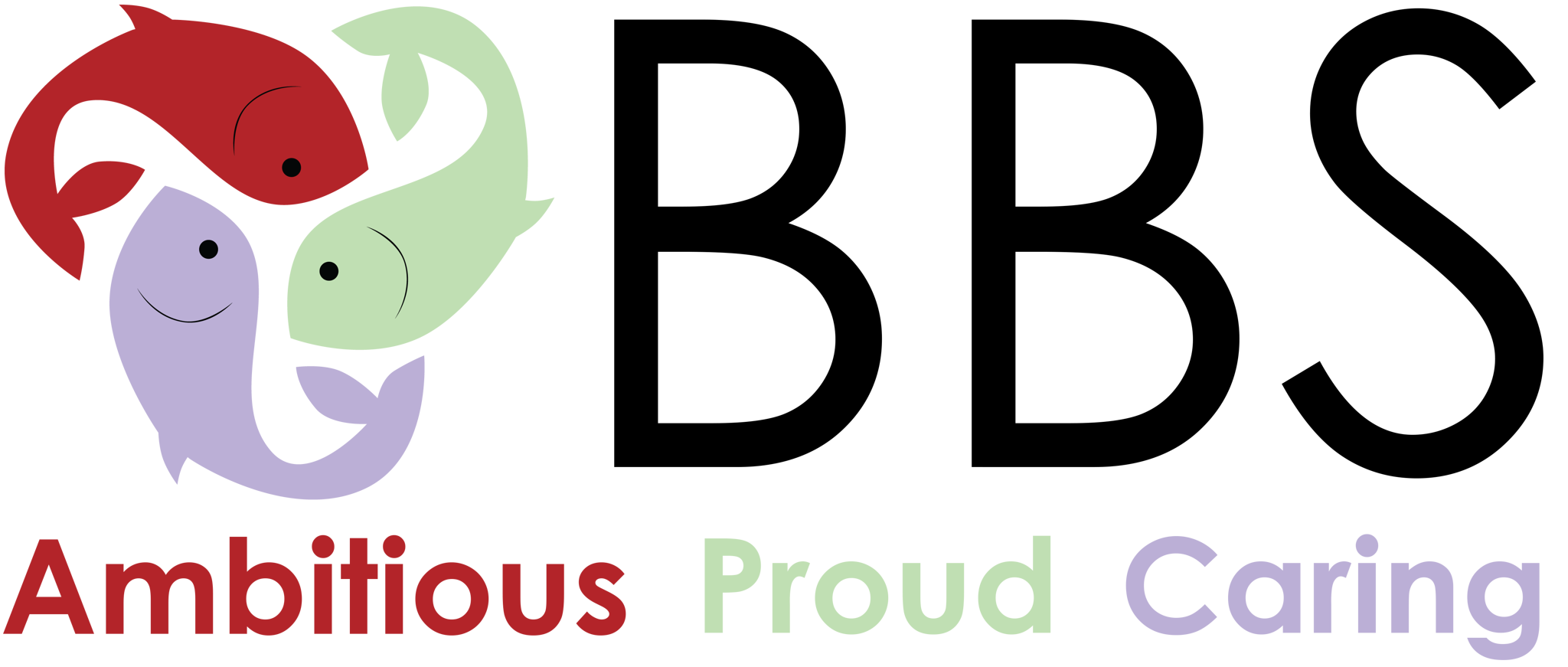|
Academy |
Burton Borough School |
|
Subject |
Physical Education |
|
Updated |
06/12/2025 |
|
Lead/author |
Mr. J. Darlington |
About the curriculum and useful information
|
Subject introduction To include:
|
|
BBS PE Curriculum Intent:
The department will continually strive to deliver a curriculum that is inclusive, engaging and relevant to our students. Our vision is “inspiring a lifelong healthy, active lifestyle”. The curriculum should help ensure that students have a healthy relationship with physical activity and are inspired to have a lifetime habit of participation through effective, logical sequences to develop long term memory and holistic development. The intent and curriculum design is based upon the latest evidence-based research to ensure that thorough and consistent rational underpin it. The curriculum aims to develop the whole student as part of holistic personal development, challenging students to be ambitious with a focus on both student’s well-being and personal achievement. We endeavour for all students to be truly engaged by Physical Education (PE) including disadvantaged pupils and those with SEND. We aim to put student’s enjoyment and whole-school outcomes at the heart of PE and school sport. Developing Physical Literacy sits at the heart of what we strive for, which is defined as "the motivation, confidence, physical competence, knowledge and understanding to value and take responsibility for engagement in physical activities for life”. The key intent of the curriculum is to develop key attributes, physical competence, and knowledge needed to life a healthy and active lifestyle. By doing so, students should understand the value of leading a healthy active lifestyle and be inspired to do so for the rest of their life. The development of key attributes including teamwork, leadership, resilience and respect additionally supports the building of character and helps to embed the values of sportsmanship. The department aims to inspire and challenge our students through an outstanding extra-curricular provision, focussed on sustained participation in a wide range of physical activities and sport that allow students to find an activity in which they can thrive and also further develop our PE attributes. While sport for all is our main focus, students are given the opportunity to challenge themselves, excel and any successes are celebrated as part of our whole school culture of being ambitious, proud and caring.
|
|
Key stage 3 |
|
|
Intent |
KS3 PE Intent
|
|
Implementation |
|
|
Impact |
|
|
Homework To include expectations of homework, types of homework, how set and frequency |
|
|
Enrichment To include a list of range of enrichment opportunities |
Extra-Curricular Programme
Trips and Experiences
Impact
|
|
Careers To include an overview of skills developed with the subject and a list of progression (eg. A levels/T levels) and career goals |
|
|
Key stage 4 |
|
|
Intent |
|
|
Implementation |
|
|
Impact |
|
|
Homework To include expectations of homework, types of homework, how set and frequency |
|
|
Enrichment To include a list of range of enrichment opportunities |
At Key Stage 4, enrichment focuses on specialisation, independence, and sustained participation, supporting students to maintain a healthy, active lifestyle and pursue personal interests. Extra-Curricular Programme
Trips and Experiences
Impact
|
